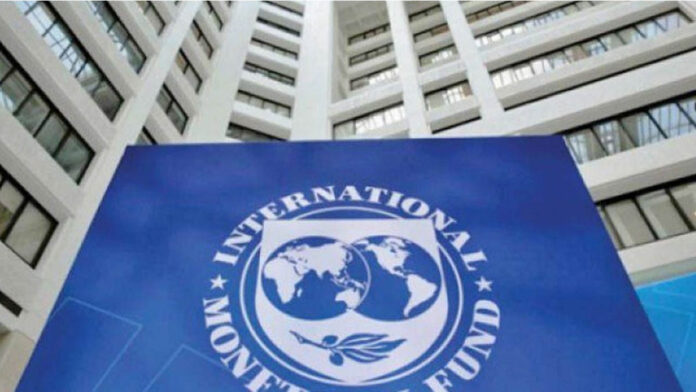The Government of Pakistan will most likely draft a new Personal Income Tax (PIT) legislation in February to levy approximately Rs.160 billion tax on the salaried class.
Highlighting this in its Country Report, the International Monetary Fund (IMF) said that Pakistan will collect the proposed tax by increasing tax rates and lowering the number of slabs. The global lender forecasts the new tax to be introduced in the upcoming fiscal year budget and legislated on 1 July.
According to the IMF, the PIT legislation will:
reduce both the number of rates and income tax brackets;
reduce tax credits and allowances (except those for disabled and senior citizens, and Zakat receipts);
introduce special tax procedures for very small taxpayers;
bring additional taxpayers into the tax net. Low-income households will remain protected as the reform preserves the current PIT threshold (almost three times income per capita).
On the flip side, Pakistan has also committed to issuing the Public Procurement Regulatory Authority regulations for the collection and publication of beneficial ownership information from companies that are awarded procurement contracts worth Rs.50 million or more until the end of March 2022.
Read also : Chinese companies to be facilitated for investment in Pakistan: PM
From the outset, the IMF has suggested that additional tax policy reforms that remain key in the period ahead will help Pakistan address its perennial challenge of a low revenue base, which weighs on debt sustainability and severely restricts much-needed fiscal space for growth-enhancing spending on infrastructure, education, healthcare, and social support.
Against this backdrop, the lender has urged the Government of Pakistan to continue broadening the tax base, reducing informality, and modernizing the tax system.

